We see advertising today and every day, from all possible distributions. Even worse is the fact that Apple will want to squeeze creators and customers for more of their money and time by wanting to multiply their income from advertising. The problem is that we all pay for it because they deploy it in their applications.
Wikipedia characterizes advertising as usually paid promotion of a product, service, company, brand or idea, typically aimed at increasing sales. With its help, the customer not only learns about the given thing, but the ads can constantly push him until he relents and finally spends some of the crown for the advertised product/service. The Czech language took the word advertisement from the French word "réclamer" (to ask, to demand, to require), which originally meant a trailer at the bottom of a newspaper page.
It could be interest you
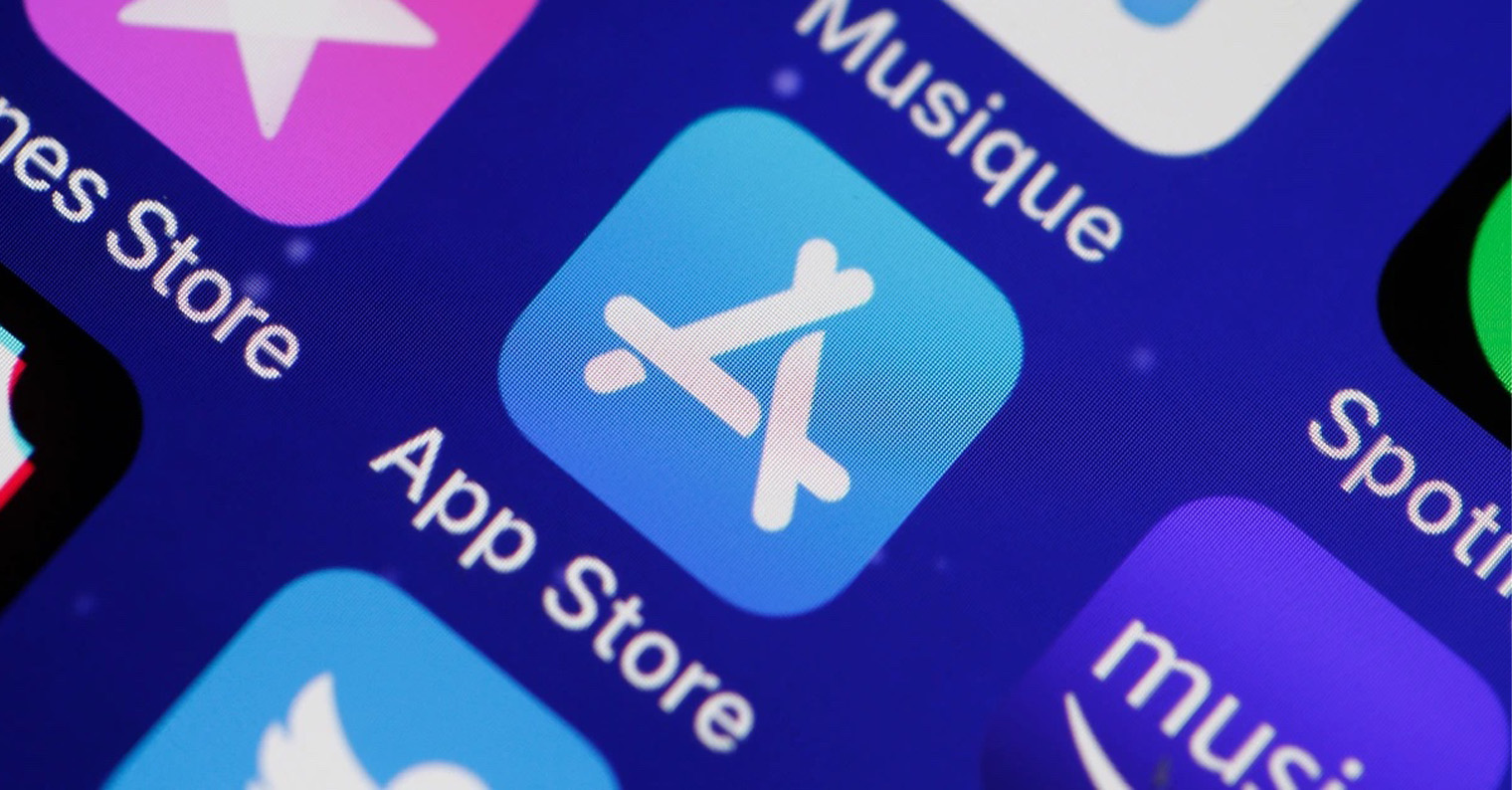
However, not only the person who commissioned the advertisement (the one who usually signs the advertisement, i.e. the manufacturer or distributor), but also its processor (mostly an advertising agency) and the distributor of the advertisement (e.g. web portal, newspaper, magazine, post office) profit from the advertisement. The funny thing here is that Apple will be featured in almost all cases. Apple is not only a manufacturer but also a distributor. And likewise, he himself benefits from the various advertising he provides. Evidently, the revenues of 4 billion a year from advertising are not enough for him, so he plans to expand it considerably. He wants to get to double digits, so he will have to advertise us 2,5 times more than he does so far. And we're just at the beginning.
But where should he actually apply advertising? It will probably be about its applications, which are quite ideal for this. Except for the App Store, where there are already ads, it should also apply to Apple Maps, Books and Podcasts. Although it shouldn't be anything aggressive, it's obvious that it will push us various content. In the case of podcasts and books, different channels and publications will be advertised, while in Apple Maps it could be restaurants, accommodation, etc.
Why do big companies advertise at all?
But if you think that this is not very nice from Apple and that it goes against the trend, you will be far from the truth. Advertising within the applications of the given manufacturers is quite common, and for many years it has been practiced not only by Google itself, but also by Samsung. In fact, Apple will only rank alongside them. Samsung Music has ads that look like the next song in your library, or even pop-up ads for other streaming services, despite the Spotify integration. It can be hidden, but only for 7 days, then it will appear again. Samsung Health and Samsung Pay have won banner ads, the same goes for the weather or the Bixby assistant.
Google offers space for advertising because it still costs it a lot of money to provide its "free services", which it needs to cover. The ads you see on Google services help offset the cost of that 15GB of Drive storage, a Google Voice phone number, unlimited Google Photos storage, and more. So you get all this for watching ads. Then there is quite a bit of jargon here, if you really have all of this for free. Displaying an ad is therefore a certain form of payment, you spend nothing but your time.
It could be interest you
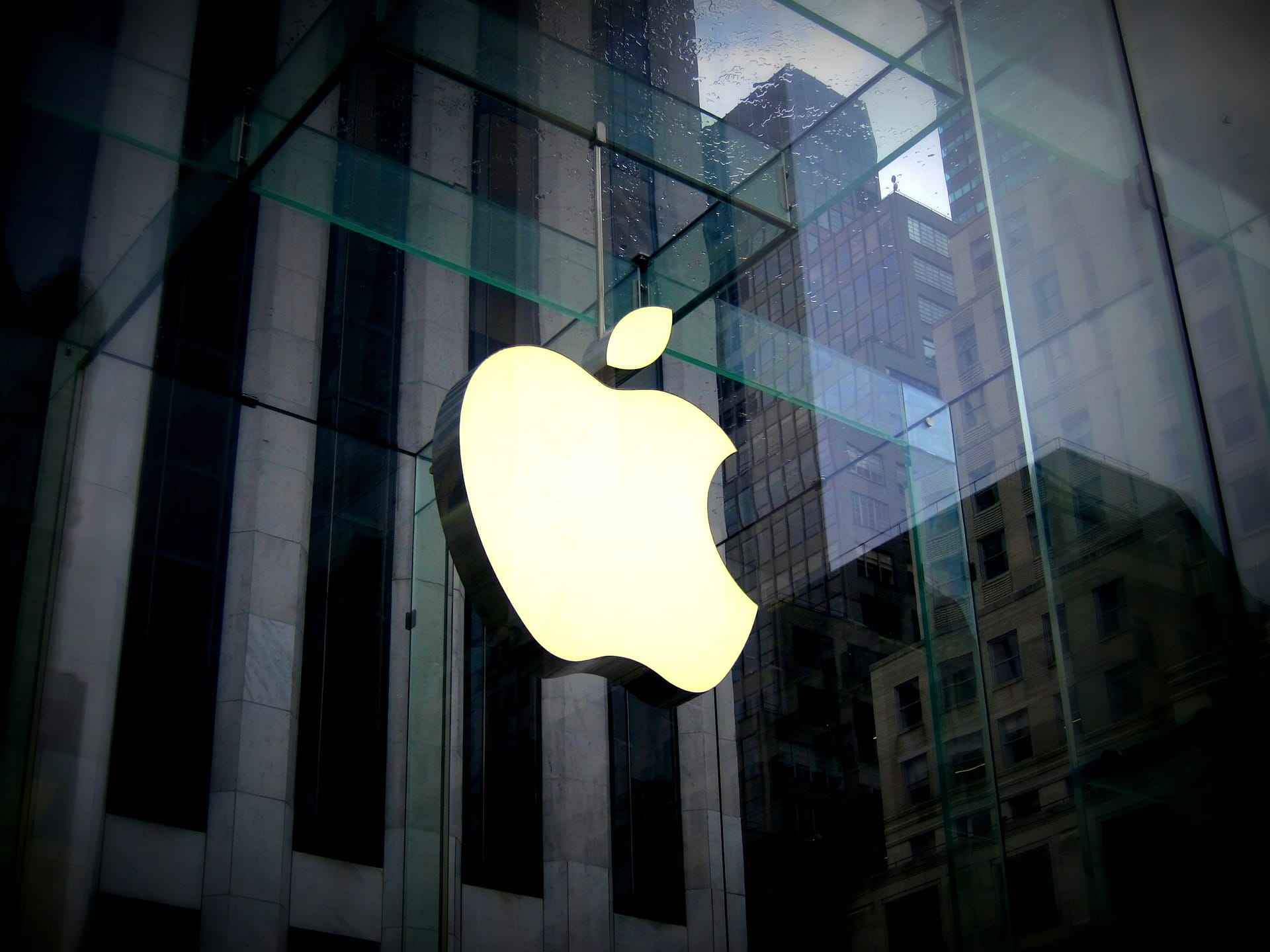
Smaller players are more friendly
If you install Google services on your iPhone, which you didn't pay a penny for, and it shows you advertising, it might actually be okay. But when you buy an iPhone, you pay a lot of money for such a device. So why still watch advertising for the fact that you can use equipment and services that you have actually already paid for? Now, when Apple increases the intensity of advertising, you will consume its ads on its devices, in its system and in its applications, with which you will actually pay again, although not with money. We don't have to like it, but we don't care about it any more. The sad thing is that Apple doesn't need it at all, it's just greedy.
At the same time, we know that it is also possible without ads. Other phone manufacturers provide essentially the same services, just under their banner, without subsidizing them with ads in their native apps. E.g. OnePlus, OPPO, and Huawei have weather apps, payments, phone apps, and even health apps that don't show any ads. Sure, some of these OEMs come with pre-installed bloatware like Facebook, Spotify, and Netflix, but that can usually be turned off or uninstalled. But not Samsung ads (at least not completely). And Apple is likely to line up alongside him.
 Flying around the world with Apple
Flying around the world with Apple 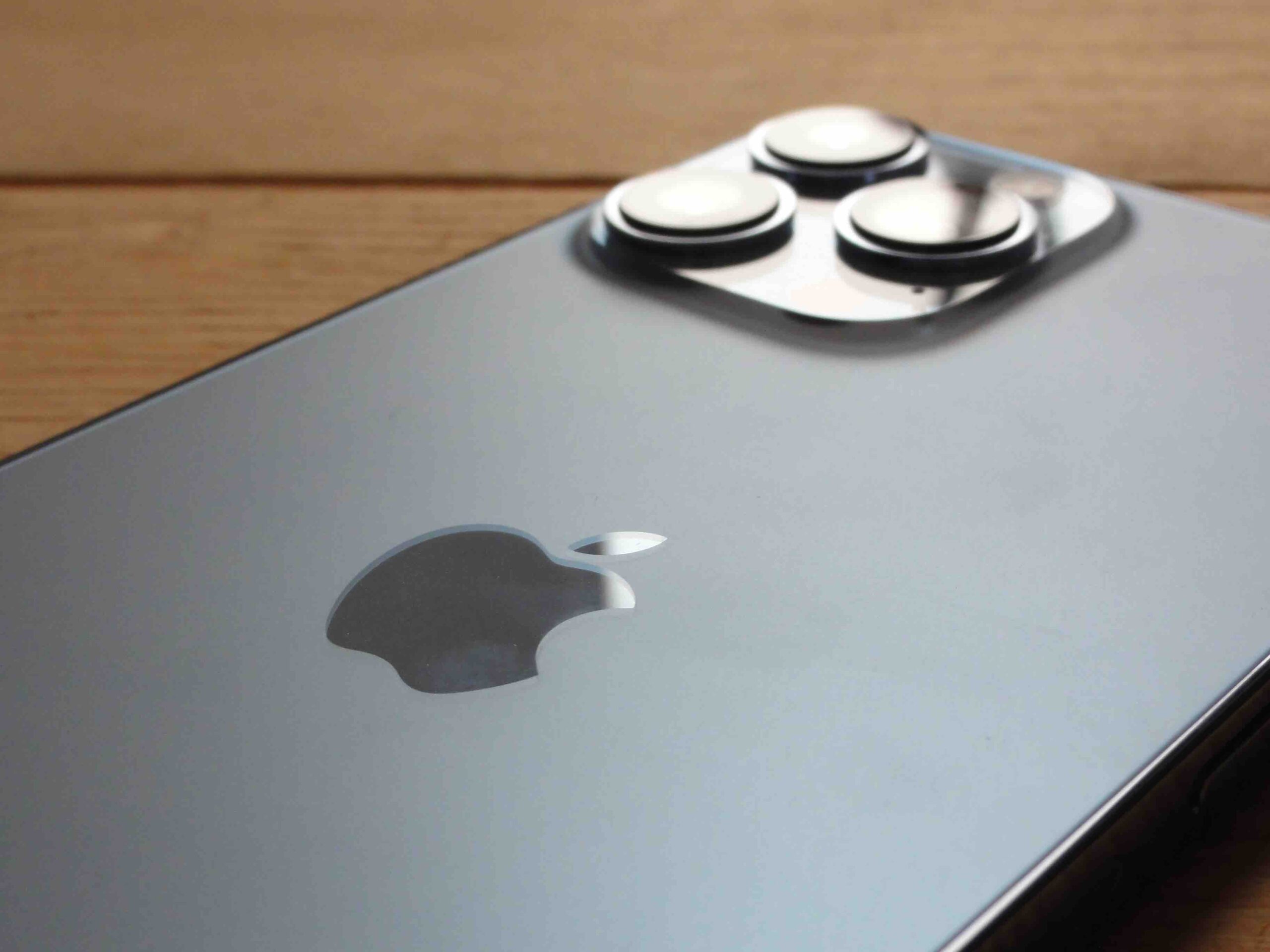

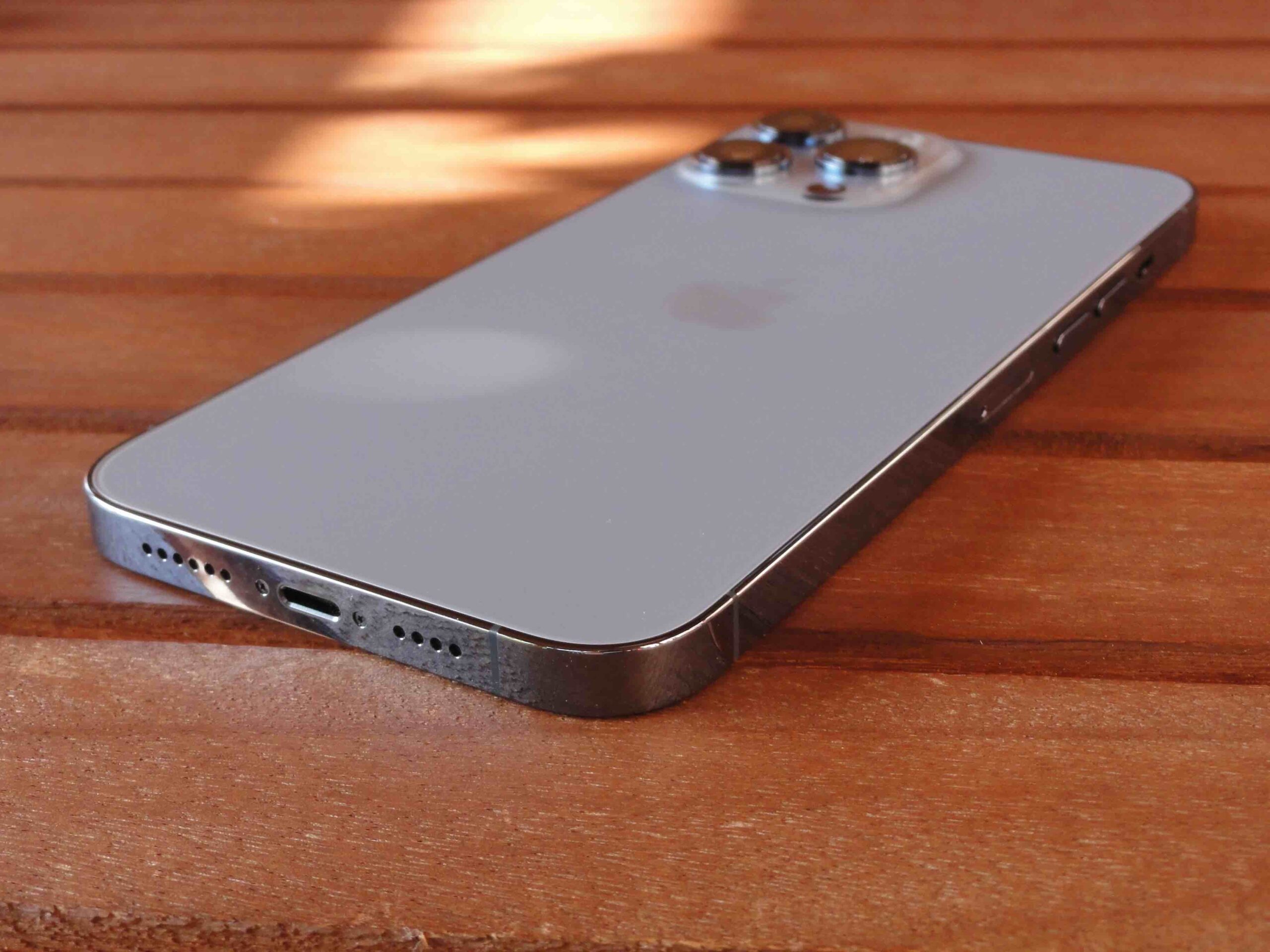
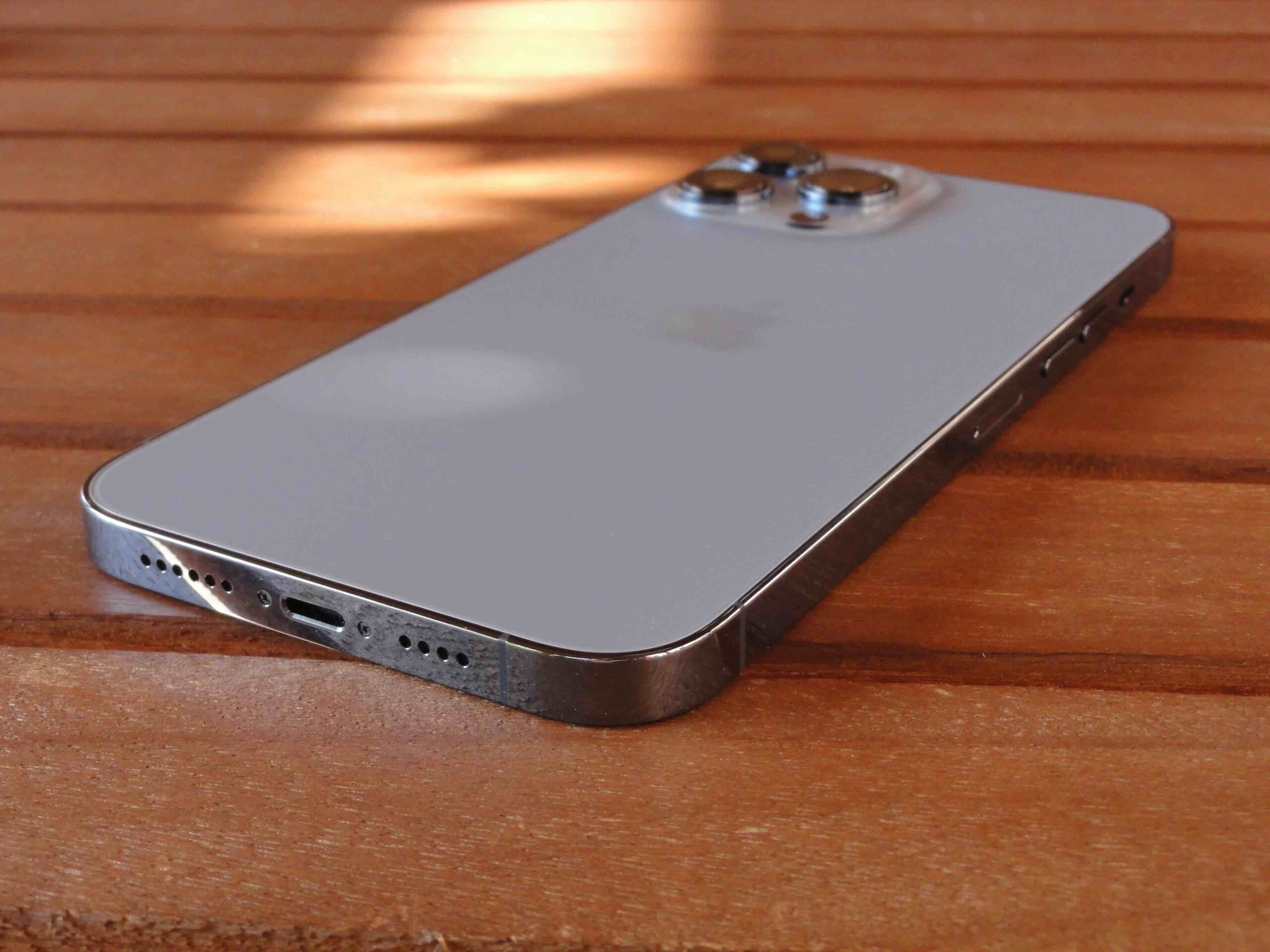


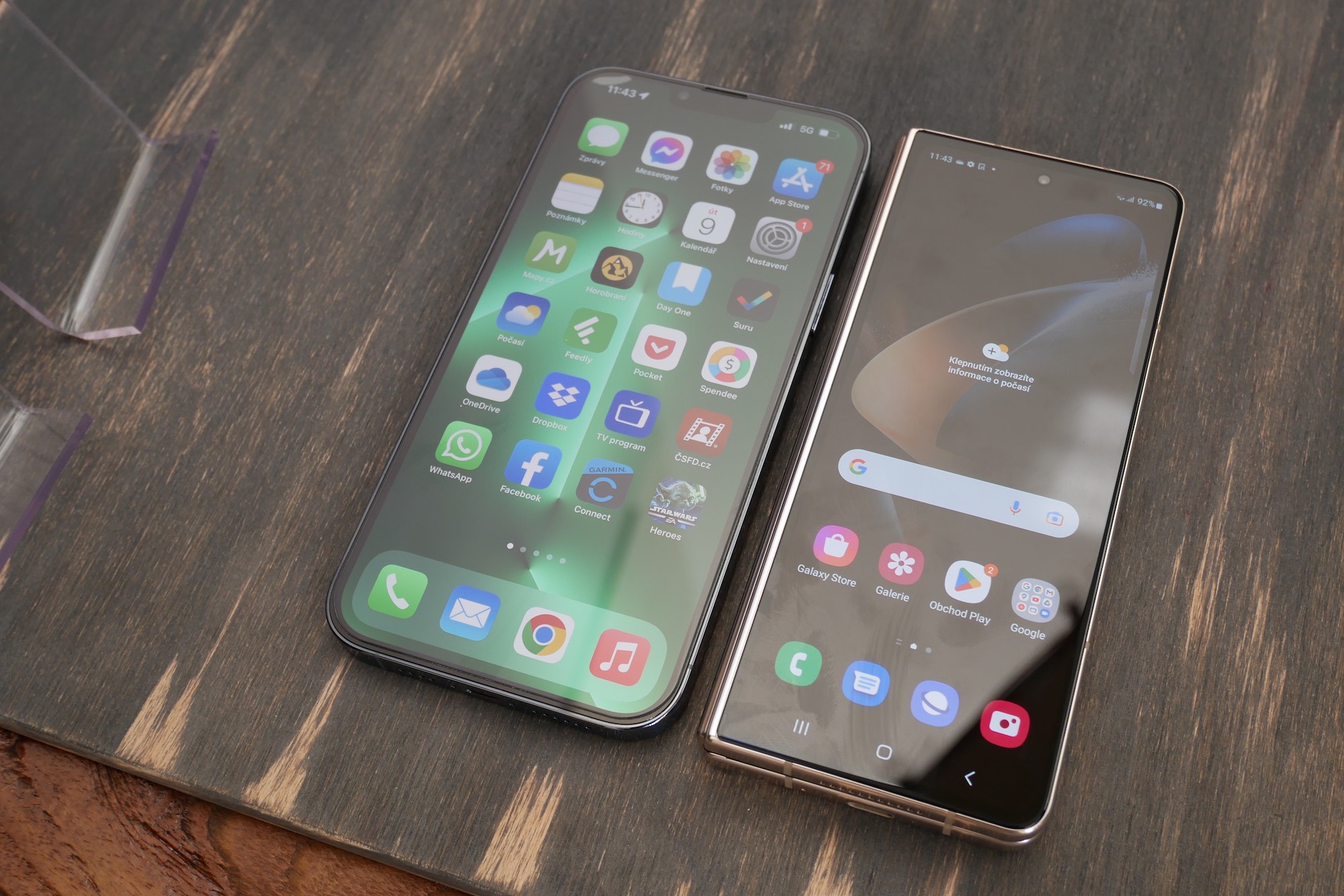
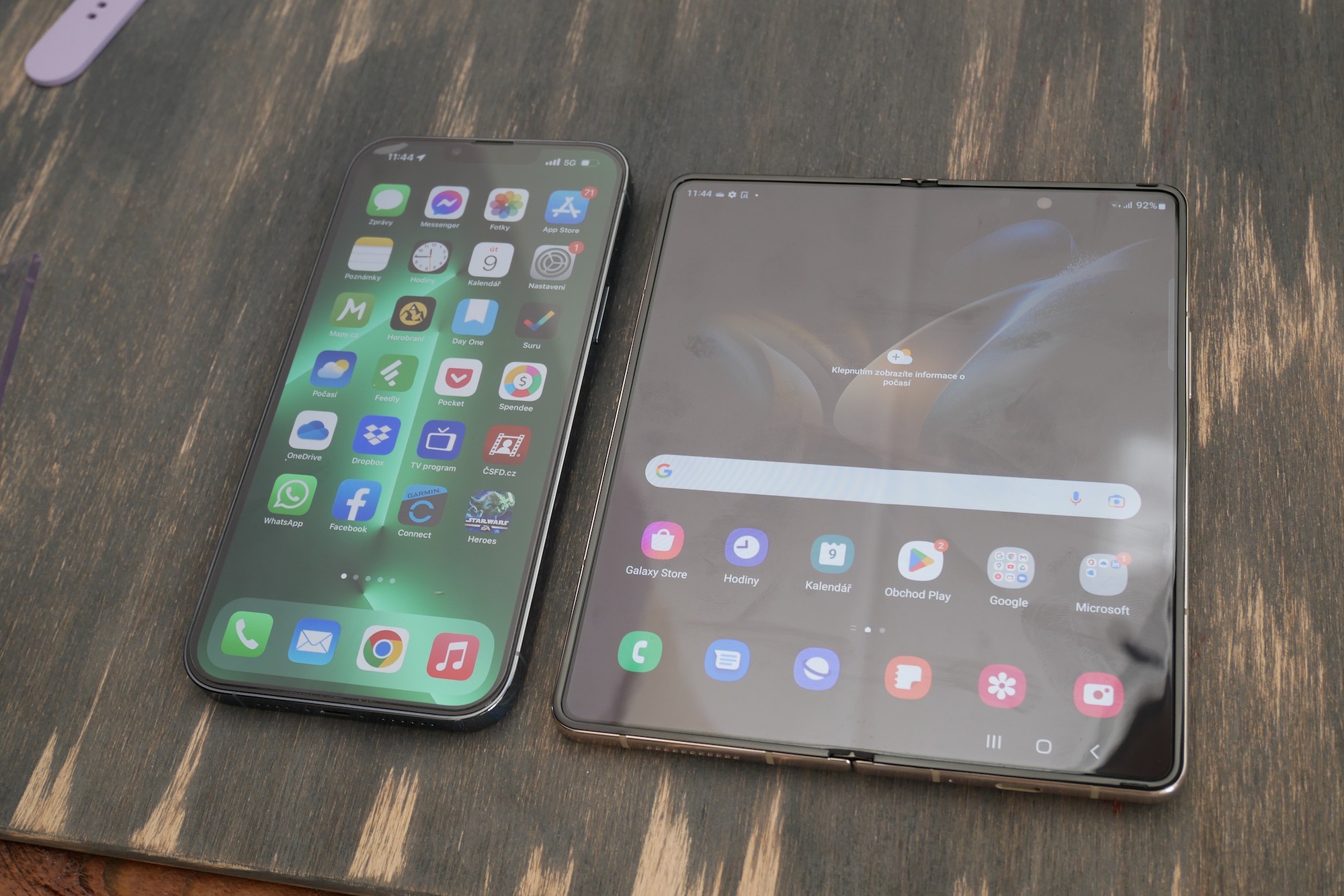
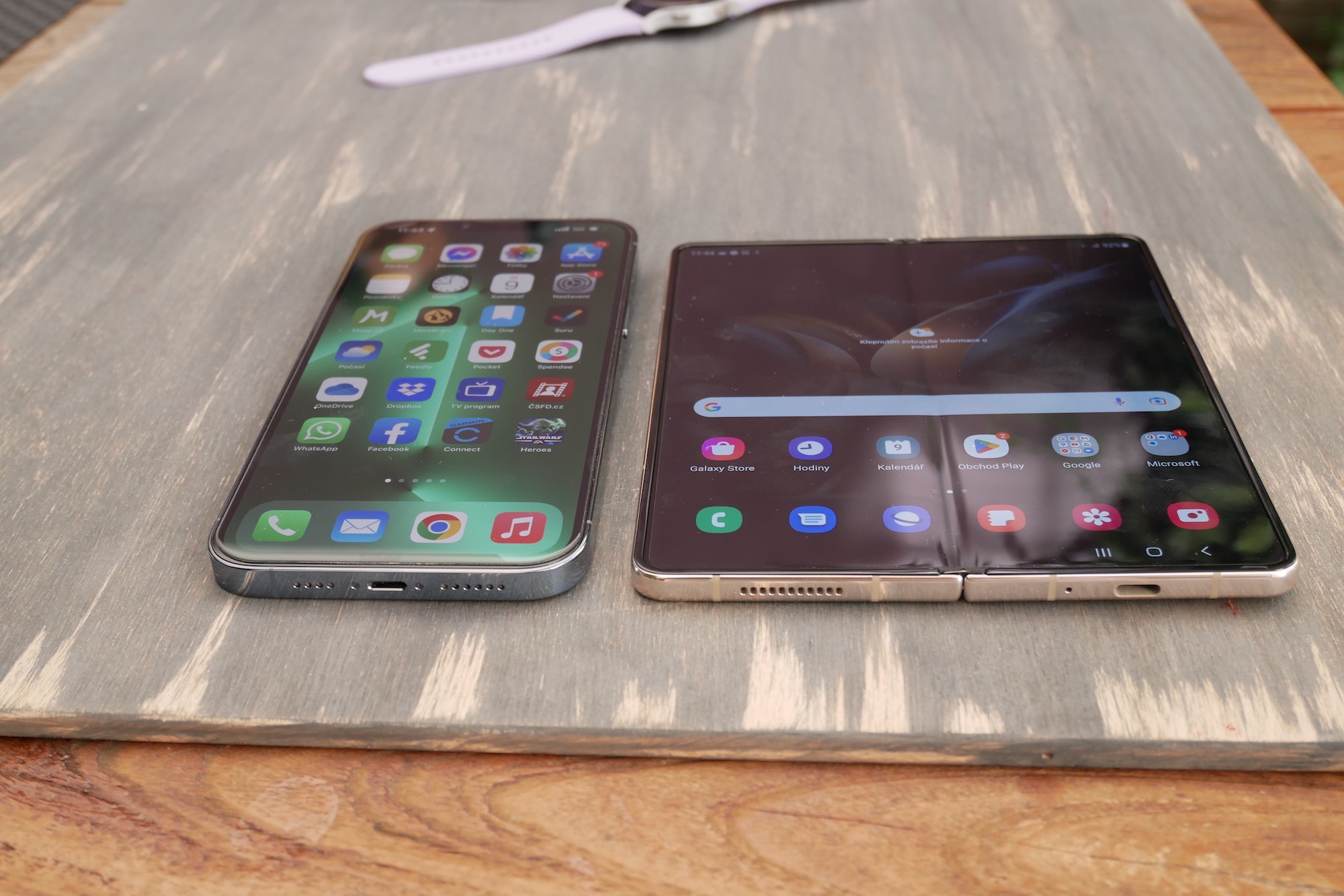
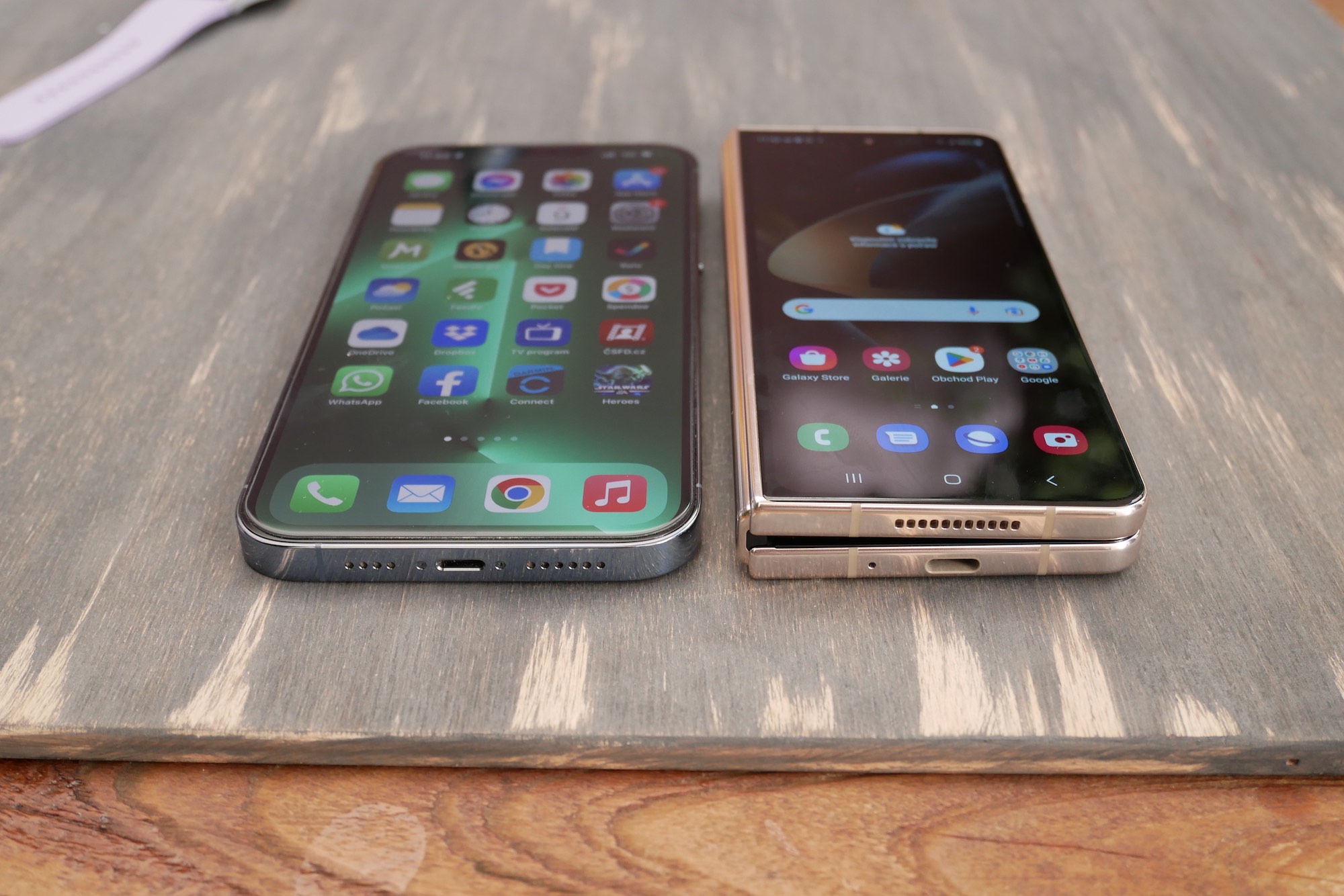
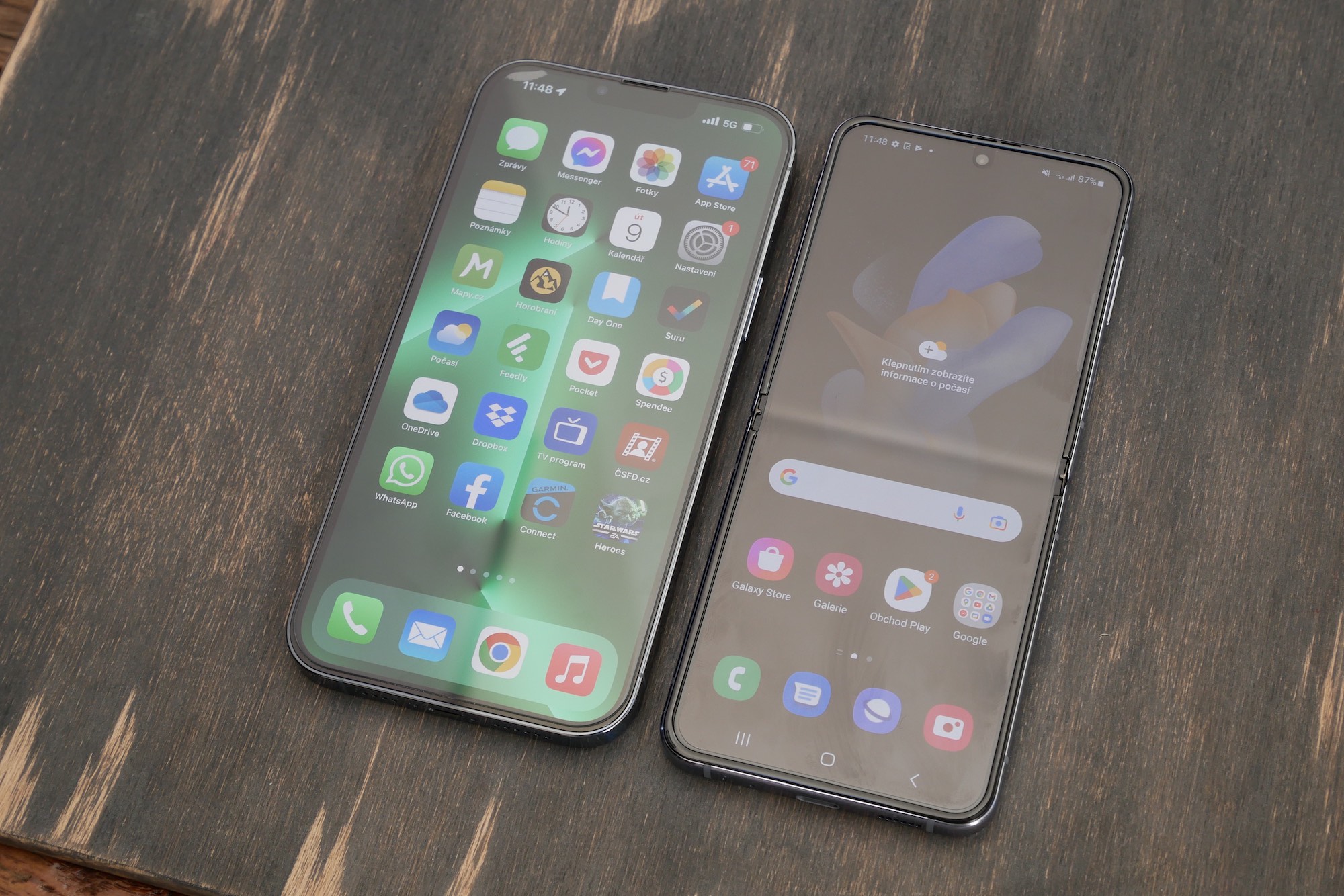


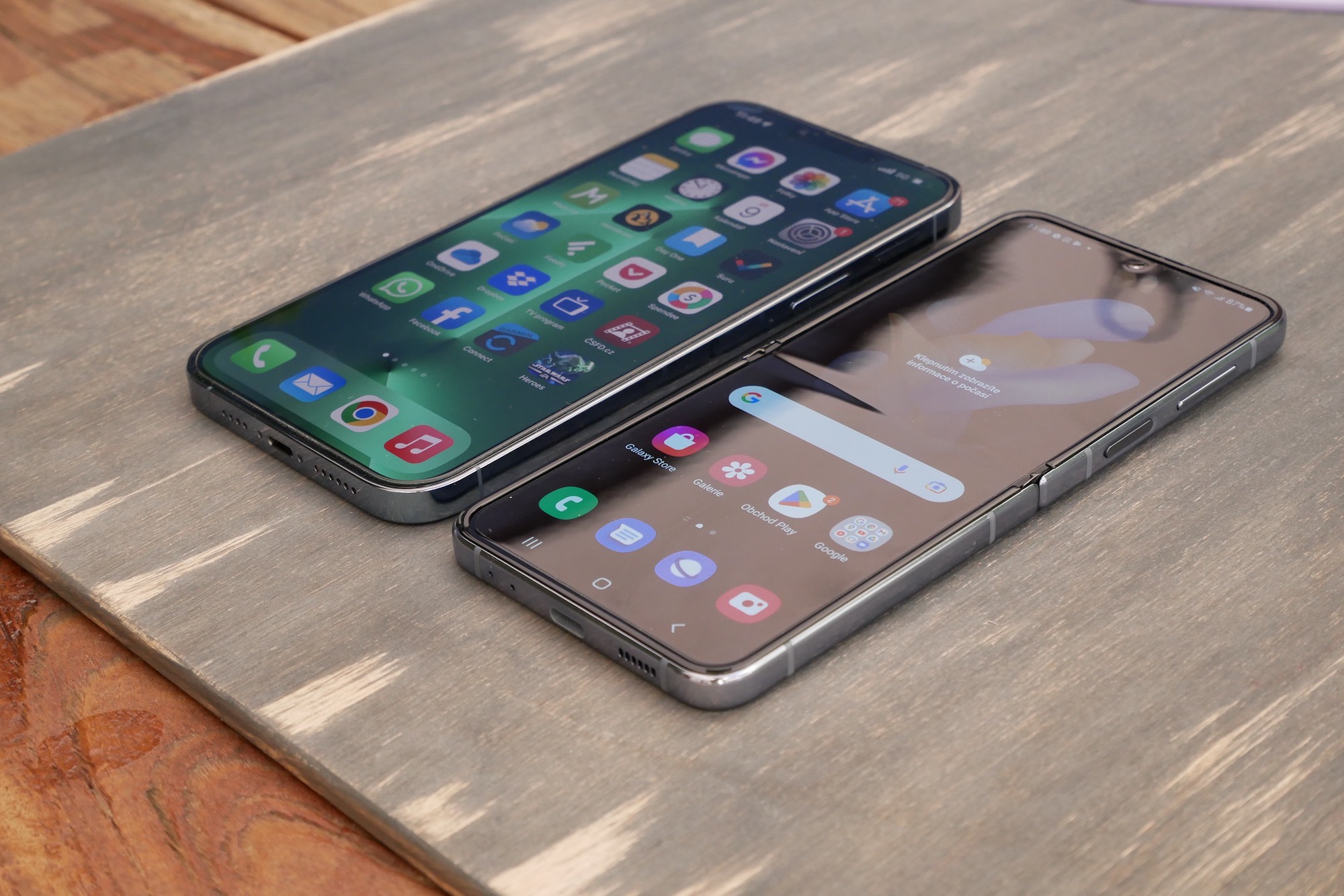
 Adam Kos
Adam Kos 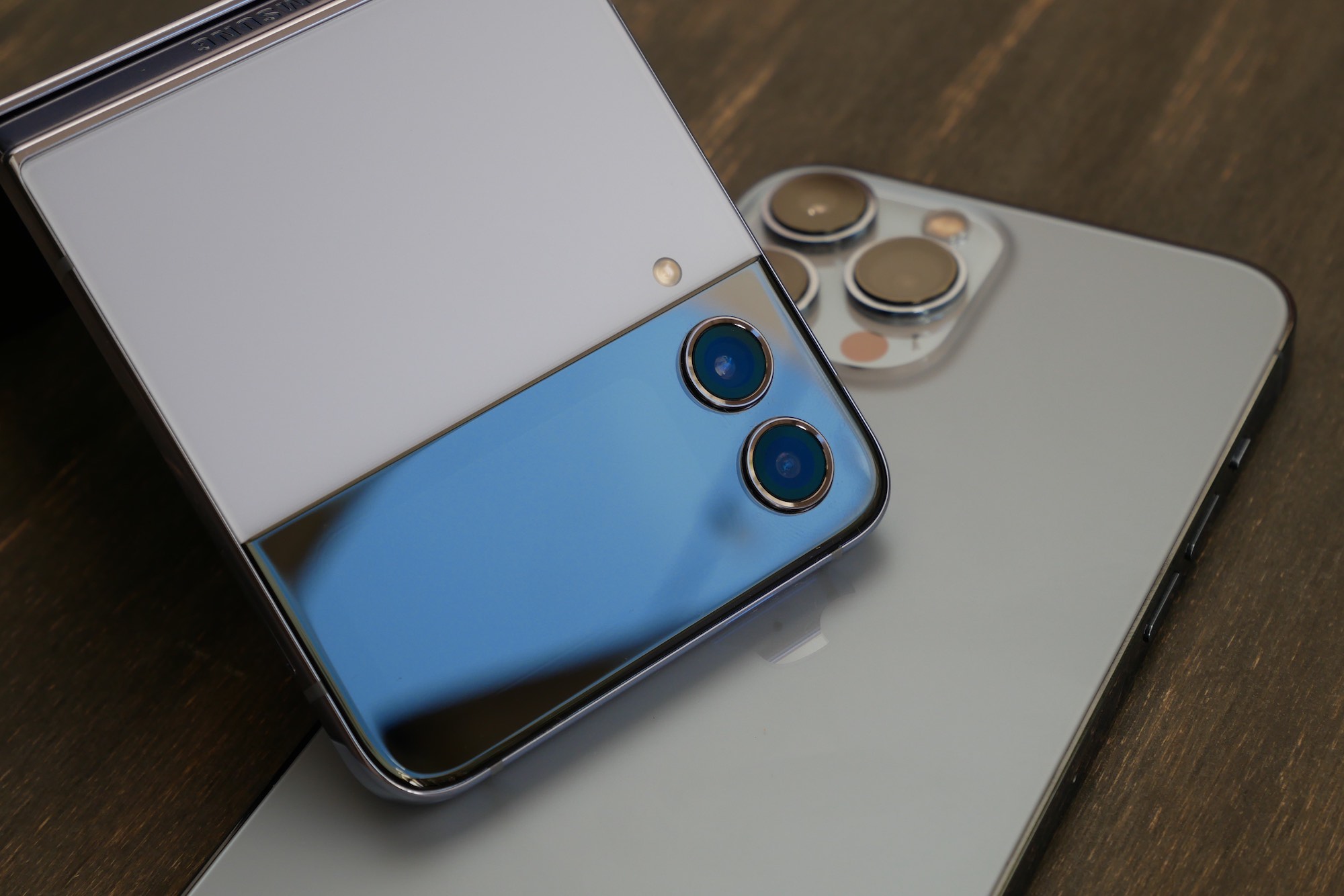





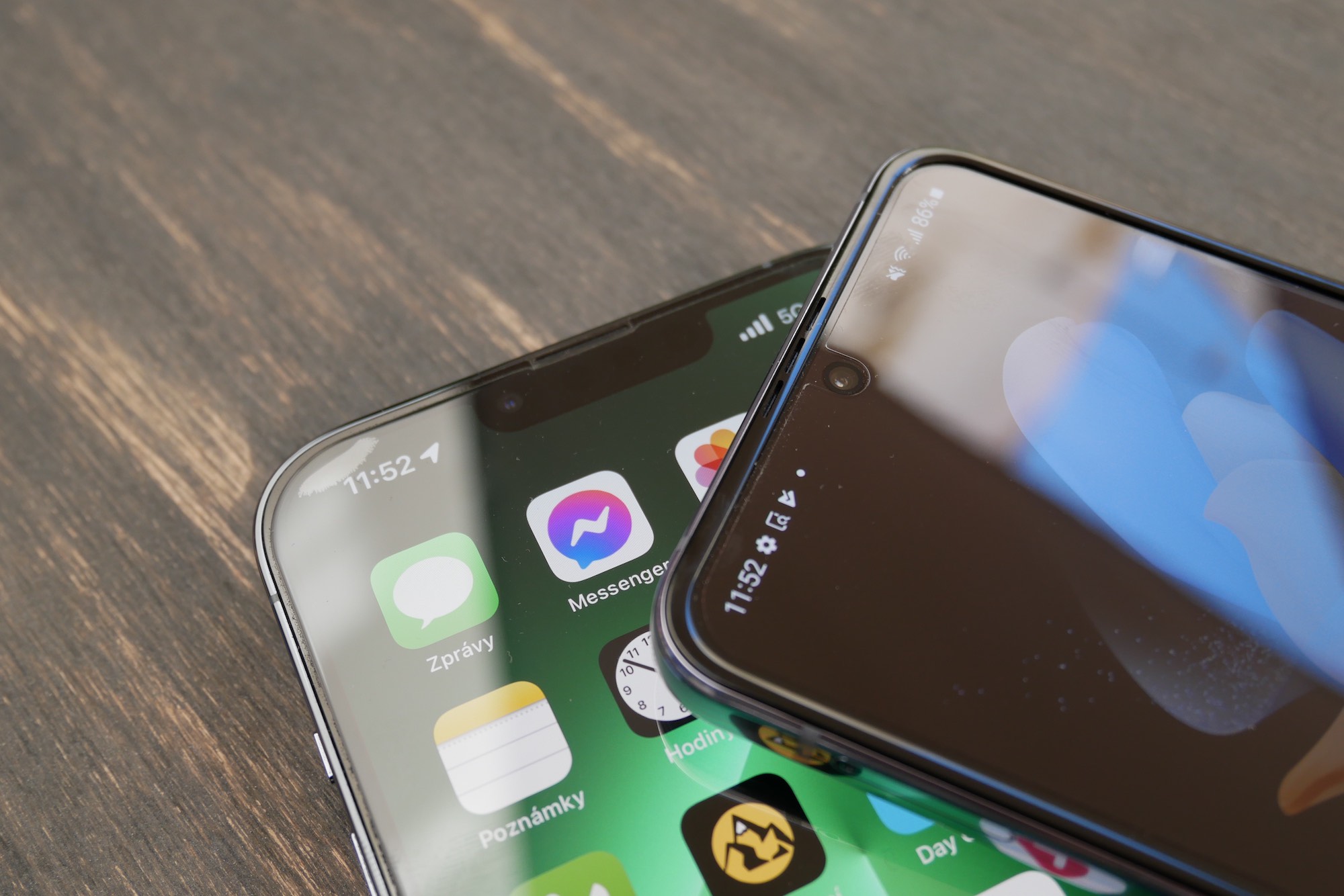
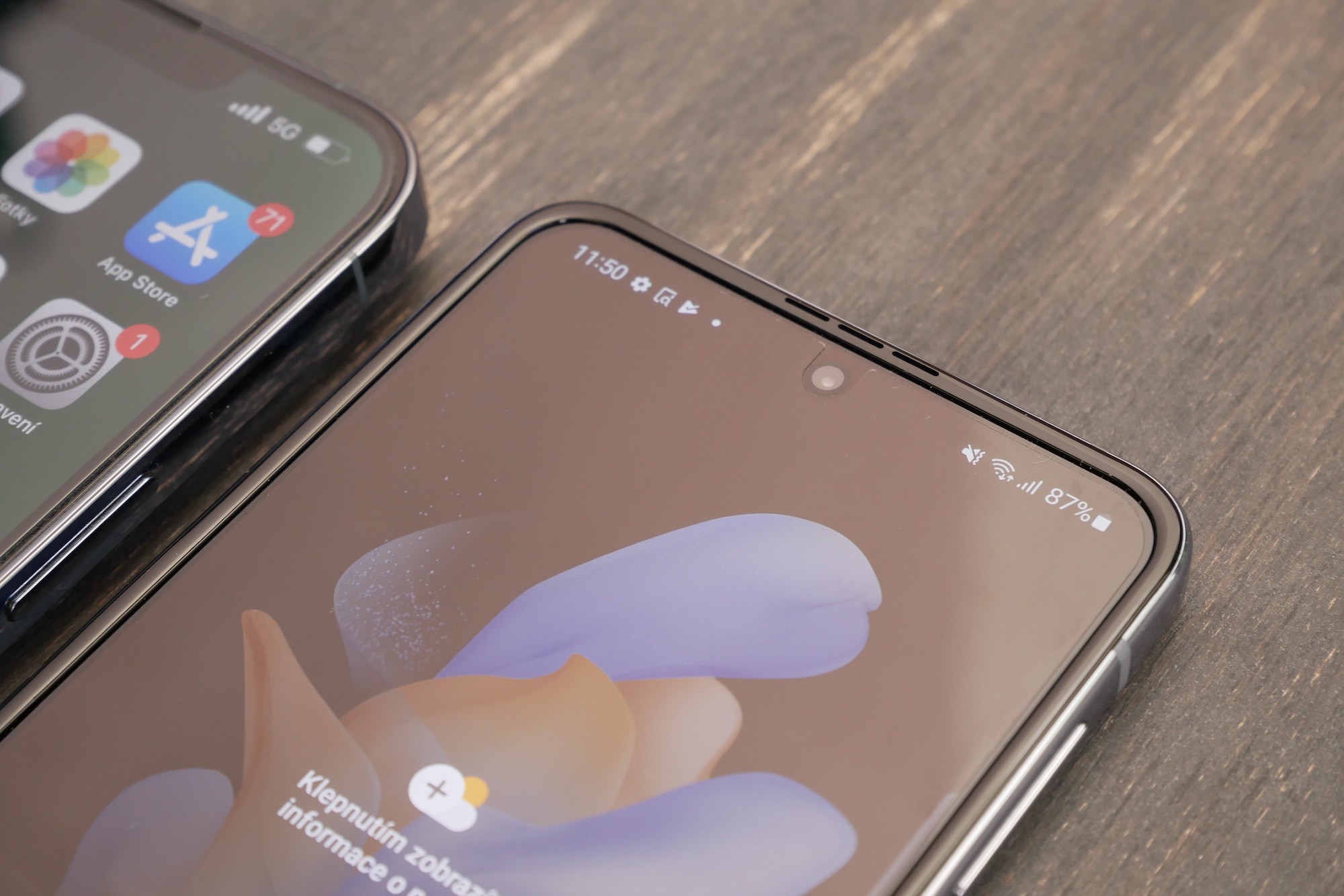
I guess it's time to leave the uneaten and greedy Apple. Luckily for me, I don't care if I have android or iOS, I use both.
It's a matter of principle that I don't intend to support a greedy and greedy company. Advertising is like the plague, I hate it and it's everywhere! My next phone probably won't be from Apple, but I'll look elsewhere, where they won't rob me of my time and shove silly ads at me!
In addition, quite audacity from Apple, just when there is a financial crisis, they put ads and make iPhones more expensive, an unprecedented strategy. The only luck for Apple is that most people will not switch and buy an iPhone again, because for the West it is a cheap trinket, compared to the Czech Republic, where paying for a new IP approx.
And that's why you don't mind possible future advertising at Apple, so you start using the Android advertising system 😁 they wouldn't even write that in Hollywood 🤣
But yes, greedy and ignorant Apple, that's important 🤣
You've probably never seen Android in your life, unlike you, I have a Pixel 5 and a Galaxy S22 at my disposal, and somehow I didn't come across ads in either system. In addition, both phones are fully comparable to iPhones. It doesn't matter if you're a 13-year-old kid (according to the smileys, you probably are), and you have to be flexible with the iPhone, or if you're technically illiterate, in that case the iPhone is for you. The rest of us will use what we see fit. iPhone is not a miracle and it will not really make you a superman!
Kilometer long article and what? Actually, about nothing. It could be written in one sentence with a link to Wikipedia on what advertising is.
The articles keep getting better and better. I guess I'll stop subscribing altogether.
I hate ads!!! What if ads weren't shown to Apple One subscribers? I would definitely subscribe to the One, even though I only use Music and iCloud out of the entire Apple One.
Who among us likes ads? But we live in an age where advertising is a non-negligible part of income. And now I'm not defending corporations. I'm just pointing out the facts.
The fact is that there are two groups of people.
The former would rather pay for an app that doesn't contain ads or buy a subscription, it doesn't matter. Pay directly. With money. And it's free from ads.
The other one has it in her hand, she won't pay with money. either he doesn't have it, or he thinks it's just an app. why should they pay for it? But they pay. Not with money but with time. A place in the app that displays the ad.
And it is this group that will curse and get upset about how unfair the world is, because the developer dared to insert advertising into the application. Did this group of people think about the fact that the app will not create itself? Has anyone in this group created something that cost them a lot of effort and time, only to give it away for free?
The talk about how we're all going to leave Apple now because it's going to push ads is laughable. For one thing, he has already pushed them, is pushing them and will continue to push them. As long as it is not at the expense of the content and information in question...
Also, keep the talk about gluttony to yourself. Anyone who would get such an income opportunity would use it without hesitation. And others would consider him uneaten...
But if it doesn't work for you, then buy an old Nokia 3310, disconnect from the Internet and you'll be free from ads...
You are paying nonsense! The point is that even if you buy an application for a lot of money, you still have some advertising, honor exceptions!
Plus, I'm not buying a phone for 32K to have ads on it, how do you get it on some Chinese 3K phone?